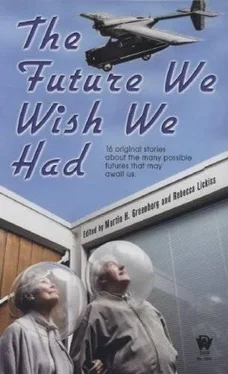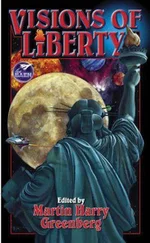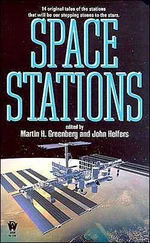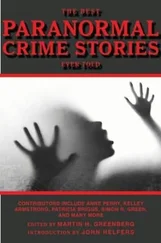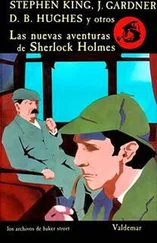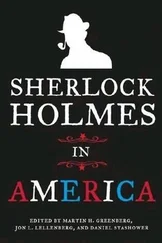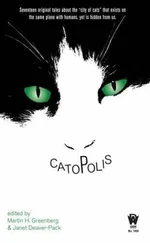“If I’d known I could have bought tenure, I’d have taken out a loan years ago. My lawyers will contact your lawyers.” Wallace stalked out of the conference room. “And I bet my lawyers are smarter and more powerful than yours.”
At the close of business that day, instead of patent transfer documents, the TC received a counter lawsuit. The TC had rejected the invention when offered to them; therefore, Wallace was free to market it elsewhere. He tendered his resignation in a separate envelope. Something he should have done when he received the first royalty check for six times his annual salary. But his need for revenge had outweighed his good judgment.
No more. He had other plans. Like founding his own university in the Cayman Islands.
The next day, Wallace left the baby with the nanny to attend the premier of Evelyn’s movie. He slipped unnoticed into the back of an auditorium filled with two hundred history majors. He wore small filter plugs in his nose, the only way he could tolerate crowds of people anymore.
He took them out the moment the projection screen came to life. The camera panned across an ocean that pounded a rocky shore. Wallace smelled salt and fish and seaweed on the cold wind. The ragged coastline became the ragged ramparts of a castle. New scents assailed the audience. Mud in an enclosed courtyard. Mold on damp stone.
People clad in ancient peasant garb strolled across the scene. Their unwashed bodies, the sweat of hard labor and anxiety over daily trials and tribulations replaced the sharp, clean aroma of the open sea.
To Wallace’s sensitized nose, the combination smelled like fear. He realized that for the average peasant, even in Third-World countries today, life represented fear.
No wonder so many less modern societies revolved around their faith. People needed to pray daily for survival and thank the heavens for each day they came through unscathed.
A different way of life. A different way of thinking.
He sat forward fascinated, more interested in history than ever before. This was how his invention needed to be used. His love for Evelyn increased as he began to understand her passion.
Unfortunately, her students took a different view. The sound of gagging accompanied the movie as the camera followed a woman with a child at her breast into a tiny, dark hut. The students vacated the auditorium in droves. Mud, pigs, disease, rotting food, and open sewers made them ill.
The smell of vomit, closer and more real than provided by the movie, added its own distinct aroma.
But they were natural scents, not chemical. Wallace reveled in them.
Humanity had become so detached from reality, scrubbed it clean and sterilized it, that they could no longer use their noses as they were designed to work. People didn’t trust their noses like they did their eyes and ears.
And so they could be manipulated by their noses. Or they felt abused when presented by reality.
They were embarrassed by the stink of life.
“I hope total reality does not become a trend in the movies,” he mused when he tried to talk to Evelyn that night about the disaster with her students.
His mind began working on how to get the filter back from the government.
“I don’t care about movies. I care about helping my students relive history, to get an honest feel for life in times past so they can better understand the people and therefore the politics of the day and great historical events.” She dashed into the master bathroom and locked the door. The sound of her sobs continued long into the night. Max scratched and whined solicitously at the door at frequent intervals and at last crept into his basket around dawn.
For once Wallace was almost glad that he had not become a household name.
Homeland Security did their work. The TC exploded in a scandal of bribes, sex for favors, and classroom ethics. The university chancellor himself granted Wallace tenure. A week later, Wallace accepted the position of Dean of Research and Graduate Studies along with a seat on the newly revised tenure committee.
The next night on the national news, a reporter in the field employed Sensaroma to their coverage of the latest war involving US troops. Amongst the scenes of horror showing the wounded and dying, listening to their screams of pain and the mourning wails of the survivors, came the full array of vile odors. Blood, excrement, vomit, the sweat of fear.
Two hours later the most popular television series, a forensics drama, brought the reality of violent death and detection into everyone’s living rooms. The actors investigated the death of a homeless man dead three days, his corpse ravaged by desert scavengers and insects.
Six minutes into the script, the network went black for nearly two minutes. When they came back on they played a repeat of an innocuous sitcom filmed long before Sensaroma became a part of everyday life.
Wallace called the government. “Want a major lawsuit on your hands from every television and movie studio in the country?” he asked, using a flippant tone to mask his own panic.
Much grumbling and mumbling on the other end.
“Then release the lock on my patent for a filter. Now.” He didn’t tell the Pentagon he’d already bought a factory and manufactured the thing and warehoused a million units with another million in production.
“No one wants to live through their noses,” Wallace explained patiently to the Joint Chief of Staff. “All they want is sanitized niceness. Niceness doesn’t inform. It masks, it deceives, it betrays our sensibilities. But it still leaves it open to manipulation.”
“Like you are manipulating me,” groaned the JCS.
“No more than you do to the public every day. Niceness makes life comfortable.”
“Comfortable. Reality isn’t comfortable. It never has been.”
“That’s why we need to pretend it is.”
“OK. OK. I’ll have the papers in your hands by noon.”
“Make that ten. I have a world to save from the stink of reality.”
YELLOW SUBMARINE by Rebecca Moesta
Life with a sixteen-year-old is never short on melodrama.
“But Mom,” Andre groaned, rolling his eyes, “you can’t expect me to drive that. It’s positively prehistoric. That’s what moms drive. I’d be laughed out of school.”
“I’ve had that SPig for eight years now. It’s reliable and I haven’t noticed anybody laughing at me,” I said, crossing my arms defensively over my chest.
“Maybe you just haven’t noticed, period.”
“I may be your mother, but that hardly makes me old and senile,” I said, uncrossing my arms. I wiped my sweaty palms on the silvery material of the form-fitting jumpsuit I had worn to work that day. The idea of André actually having his own vehicle filled me with maternal trepidation. “You certainly don’t need anything flashy. You just have to find something to get you to and from school, and to work and back.”
“Maybe you don’t care what you drive anymore, but this is important to me.” André stopped and tried a new approach. “Please? Dad says I’ve earned the right to choose my own. I work hard.” That was true enough. At his habitat-construction job, my son had probably logged more work hours than any other kid at Marianas High. But something inside me still resisted.
I sighed. “That’s the only reason we’re discussing this. Your work schedule makes it impossible for your father and me to ferry you and your sister everywhere you have to go.”
“So you’ll take me shopping for a minisub?” he said.
I glanced up through the clear, domed ceiling of our home, my eyes unconsciously searching the ocean for any sign of Howard’s submarine returning, though I knew he wasn’t due back from his fishing expedition for another day yet. In any case, I knew that my husband wouldn’t thank me for putting off the inevitable.
Читать дальше
